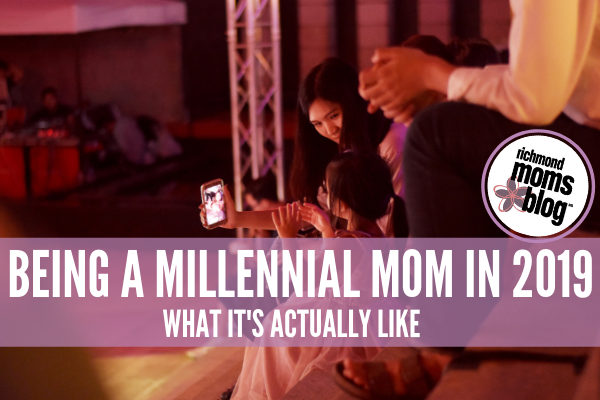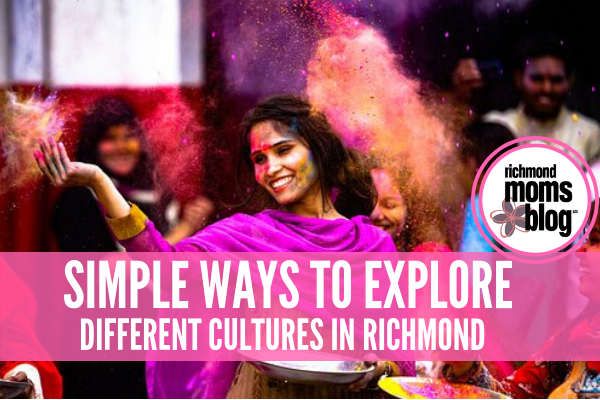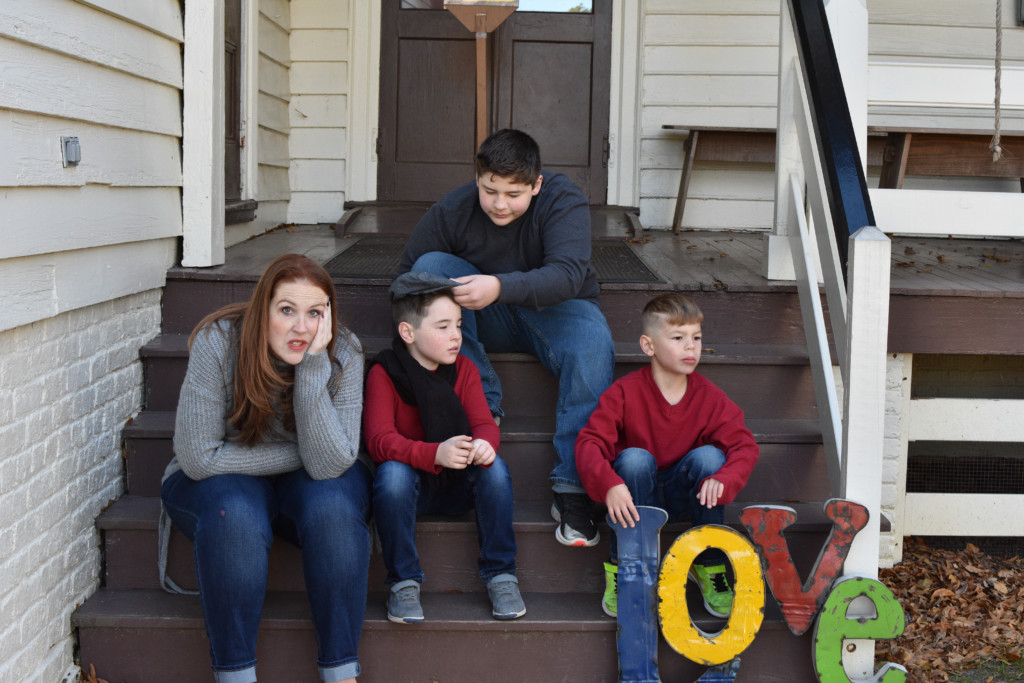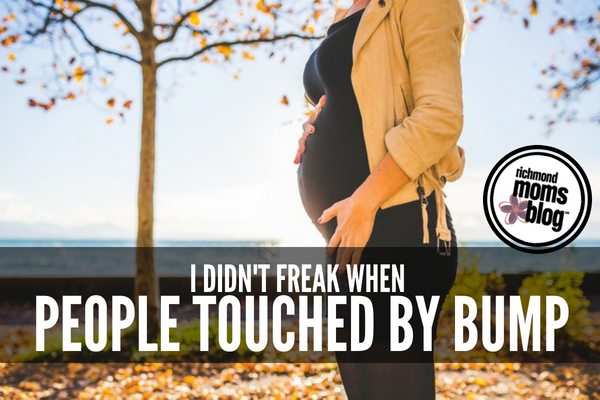When my husband and I started down the path to adoption, we encountered a firehose of information. Once we matched and brought our little boy home, though, we discovered that our education was just beginning. Despite adoption’s prominence in pop culture lately (thank you, This Is Us!), there is still a lot to be learned about how this crazy ride works.

Here are some of the things that I’ve learned, as well as some of the questions I’m asked most frequently:
1. Your Kid May Actually Look Like You
There seems to be a stereotype that adopted children are, well, noticeably adopted. You look at a family and can point out the child without the genetic link easily — they may be a different race, have a different hair color, or tower over their vertically-challenged parents.
At the beginning of our adoption journey, we took a class and read volumes of literature on transracial parenting.
We learned things like how to handle casual (and not-so-casual) racism and to care for textured hair. We prepared as much as possible, absorbing all the information we could find and hoping that as parents, we would be good enough to raise a child born into a culture entirely different from ours.
As such, we were less prepared to be matched with a child whose parents somehow, coincidentally, look a LOT like us. As in, our social worker commented that our child’s birth mother and I could be siblings.
It has changed how we navigate parenthood in ways we hadn’t expected.
I, personally, had prepared myself for soapbox moments with passersby who gave my child the side-eye; perhaps I should’ve prepared myself to respond to well-wishers who insist our little one looks just like my husband?
2. The Parenting Industry Forgets About Adoption Sometimes
We also quickly learned that despite the recognition adoption has gained recently, the parenting industry has not yet caught on.
For example, our agency required us to take a class on infant basics; the kind held at hospitals and attended by very-pregnant mommies and daddies who need a crash course in diapering.
We definitely didn’t expect to hear that we were the first adoptive parents the instructor had ever had in attendance. Adoptive parents need to learn how to swaddle too!
Magazines, doctors’ offices, and general parenting books often forget that you can be a parent even if you didn’t physically give birth to your child or pass along your DNA. As adoption becomes more ubiquitous, though, we can expect this trend to change for sure!
3. Open Adoption Isn’t as Scary as It Sounds
Open adoption has communication between the birth and adoptive families.
One of the biggest misconceptions about open adoption is that having a relationship with your child’s birth parents could create an opportunity for them to take their child back.
We’ve all seen the Lifetime movies, right? There’s also a notion that it means sharing parenting duties with your child’s biological parents. The truth is, though, that open adoption doesn’t have to be scary at all. The rules and policies that grant rights to adoptive parents stay in effect and legal, regardless of the relationship you may have with the birth parents.
More importantly, though, there is a lot to be gained from having an open adoption.
One of the most amazing experiences open adoption provides is a link to your child’s history. Gone are the days of knowing nothing of an adopted child’s medical background, culture, and genetic inheritances. Because of the open nature of our adoption, we know of a medical issue our son was born with that his mom and an older sibling have.
As birth parents get older, we may learn of something else we can expect as our own child gets older. Additionally, we look forward to helping our son forge a bond with his biological siblings. We also hope that we’ll be able to answer questions he may one day have about his “first” family.
Adoption is an incredible, complex, life-changing experience for all parties involved.
What are some of the things that you wish you understood about how adoption works?










Awesome post, thanks for sharing!!
Comments are closed.